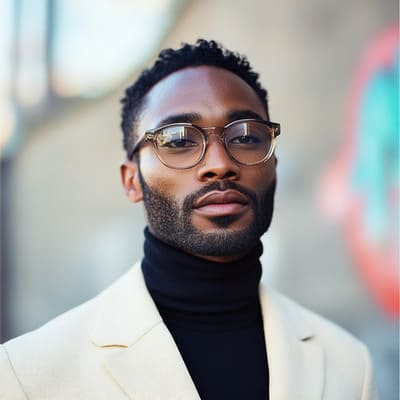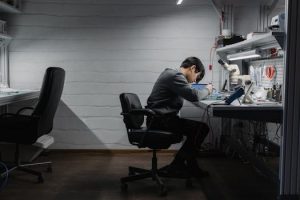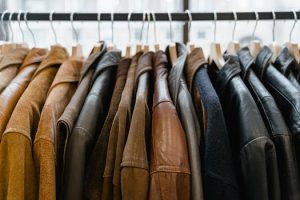Refugee-Led Brands: Fashion as a Tool for Economic Empowerment
In recent years, the fashion industry has faced scrutiny for its exploitation of labor and harmful environmental practices. However, in the midst of this criticism, there is a glimmer of hope in the form of refugee-led fashion brands. These brands not only offer unique and socially conscious designs, but they also provide a means of economic empowerment for displaced individuals. Through the use of sustainable practices and a commitment to social impact, refugee-led brands are reshaping the fashion industry and creating pathways for economic independence for those who have been forced to flee their homes.
The Rise of Refugee-Led Brands
The United Nations estimates that there are currently over 25 million refugees worldwide, with millions more internally displaced. Many of these individuals have been forced to leave their homes due to political conflict, war, and persecution. With limited access to resources and job opportunities, refugees often face significant barriers to economic stability and self-sufficiency.
Despite these challenges, a growing number of refugees are using fashion as a means of economic empowerment. Refugee-led brands are primarily businesses that have been founded and led by refugees, often with the goal of supporting the communities from which they come. These brands not only provide employment opportunities for refugees but also preserve traditional crafts and cultural heritage.
Fashion as a Means of Empowerment
For many refugees, fashion is more than just a means of income, it is a way to preserve their identity and culture. By incorporating traditional techniques and designs into their products, refugee-led brands are able to showcase the rich and diverse heritage of their creators. This not only promotes cultural exchange but also helps refugees to maintain a sense of connection to their home country.
In addition to preserving cultural tradition, fashion also provides refugees with a sense of purpose and direction. Many refugees have skills and talents that are underutilized due to their displacement. Through fashion, they are able to showcase their abilities and make a meaningful impact in their community and beyond.
Sustainable Practices
One of the most notable aspects of refugee-led brands is their commitment to sustainable practices. With the fashion industry being one of the leading polluters in the world, these brands are actively working to reduce their environmental footprint. They prioritize the use of sustainable materials and production methods, often incorporating traditional techniques that have minimal impact on the environment.
In addition to environmental sustainability, refugee-led brands also prioritize ethical and fair labor practices. They ensure that their workers, many of whom are refugees, are paid fair wages and have safe working conditions. This creates a sense of empowerment and dignity for these individuals, helping them to rebuild their lives and gain financial stability.
An Empowered Future
As the fashion industry continues to face criticism for its unsustainable and exploitative practices, refugee-led brands offer an alternative model. These brands not only provide unique and socially conscious products, but they also offer hope and economic empowerment for those who have been forced to flee their homes. By supporting these brands, we can create a more inclusive and sustainable fashion industry while making a positive impact on the lives of refugees.
It is clear that refugee-led brands are reshaping the fashion industry and paving the way for a more ethical and sustainable future. As consumers, we have the power to support these brands and their mission of empowerment. By choosing to support refugee-led brands, we are not just purchasing products, but we are also making a statement about our values and the kind of world we want to live in.
In the words of Karen Walker, a renowned New Zealand fashion designer, “fashion has always been a mirror for society and its changing cultural values.” By supporting refugee-led brands, we can shape the fashion industry into one that is truly reflective of the values of inclusivity, sustainability, and empowerment for all.










